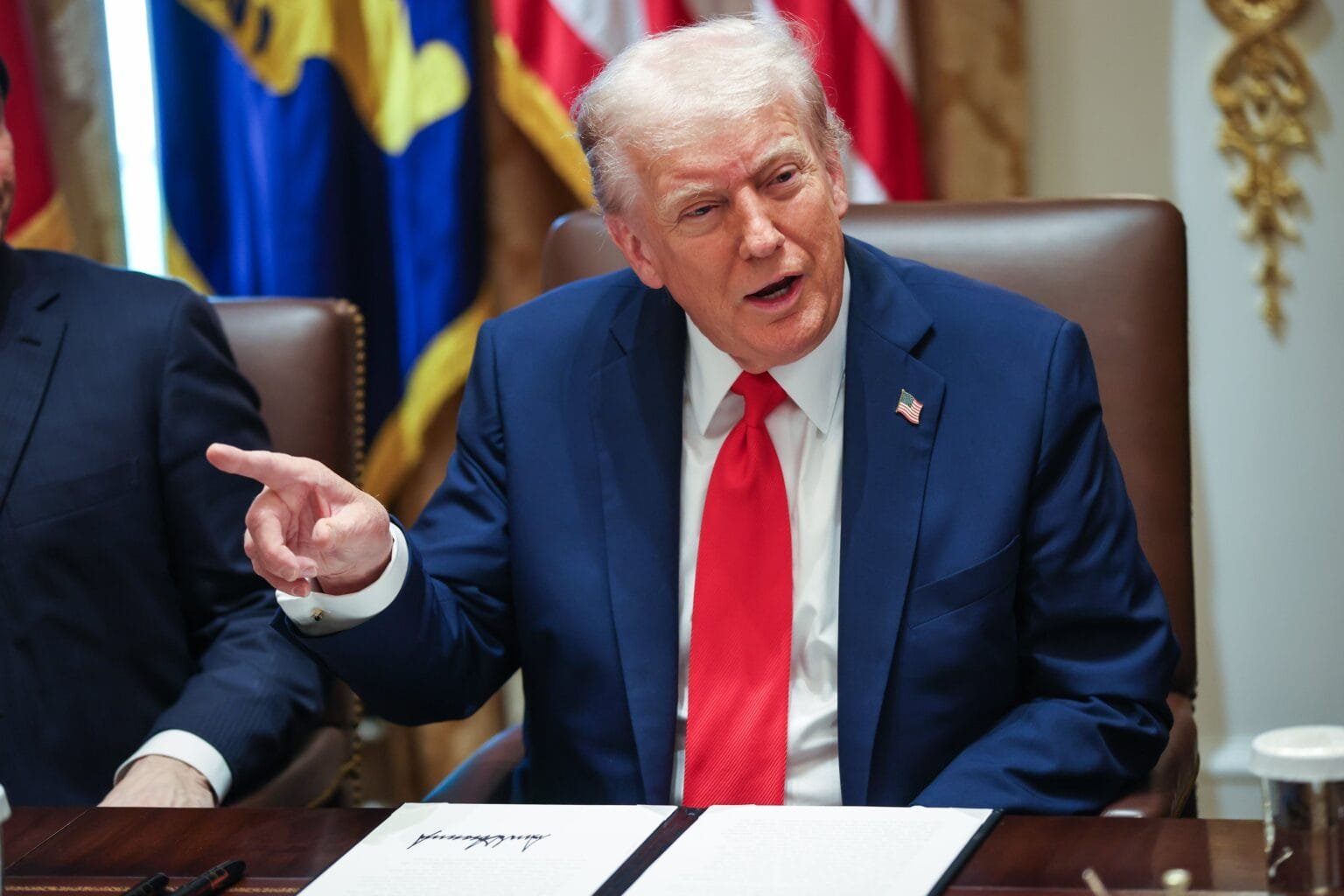U.S. President Donald Trump has reignited tensions within the North Atlantic Treaty Organization by publicly suggesting that Spain could be expelled from the alliance over its failure to meet a newly agreed higher defence-spending benchmark.
Speaking from the Oval Office during a meeting with Finland’s President Alexander Stubb, Trump criticised Spain as “a laggard” for not aligning with NATO’s June decision to raise defence spending targets to 5 percent of GDP, a goal he strongly championed. He pressed European leaders to confront Madrid and even mused aloud: “Maybe you should throw ‘em out of NATO, frankly.”
The backdrop to Trump’s remarks is a sharp fracture between Spain and other NATO states over the alliance’s bold spending agenda. Under the so-called Hague Investment Plan, member countries committed to raising defence and security investments to 5 percent of GDP by 2035. Spain, however, negotiated an exemption, pledging instead to raise its budget to 2.1 percent. Prime Minister Pedro Sánchez defended the decision as a balance between fiscal sustainability and obligations to the alliance.
Trump’s threat to expel Spain marks a sharp escalation in U.S. pressure on European allies to shoulder more of the security burden. Analysts suggest it reinforces the zero-tolerance line he has advanced: allies who do not “pay their fair share” risk losing protection or influence. But expulsion from NATO is unprecedented—no member has ever been removed—and would require unanimous agreement from all allies, making Trump’s proposal more rhetorical than realistic.
In Madrid, government officials downplayed the comments, reiterating Spain’s commitment to NATO despite its resistance to the 5 percent benchmark. The episode adds strain to transatlantic ties at a moment when NATO is seeking cohesion in the face of Russian aggression and global instability, and underscores the challenge of reconciling national budgets with collective defence ambitions.





